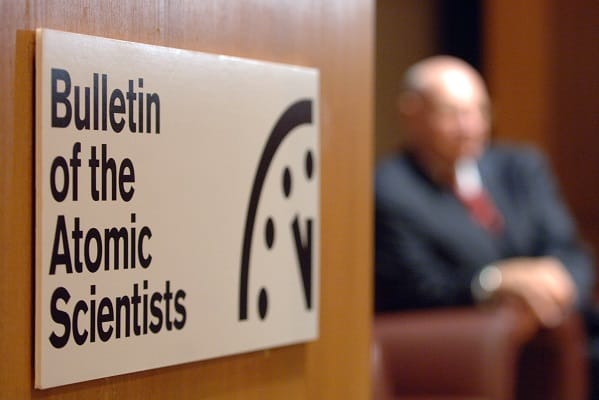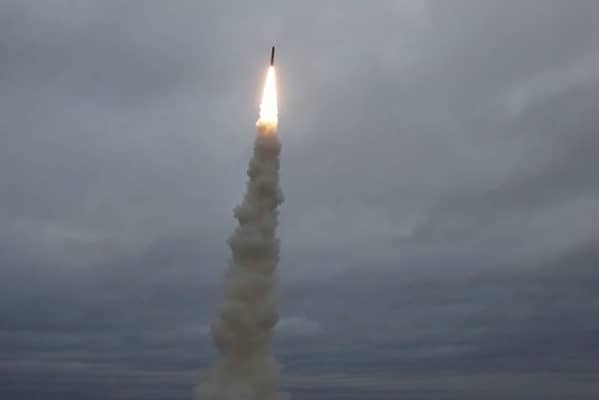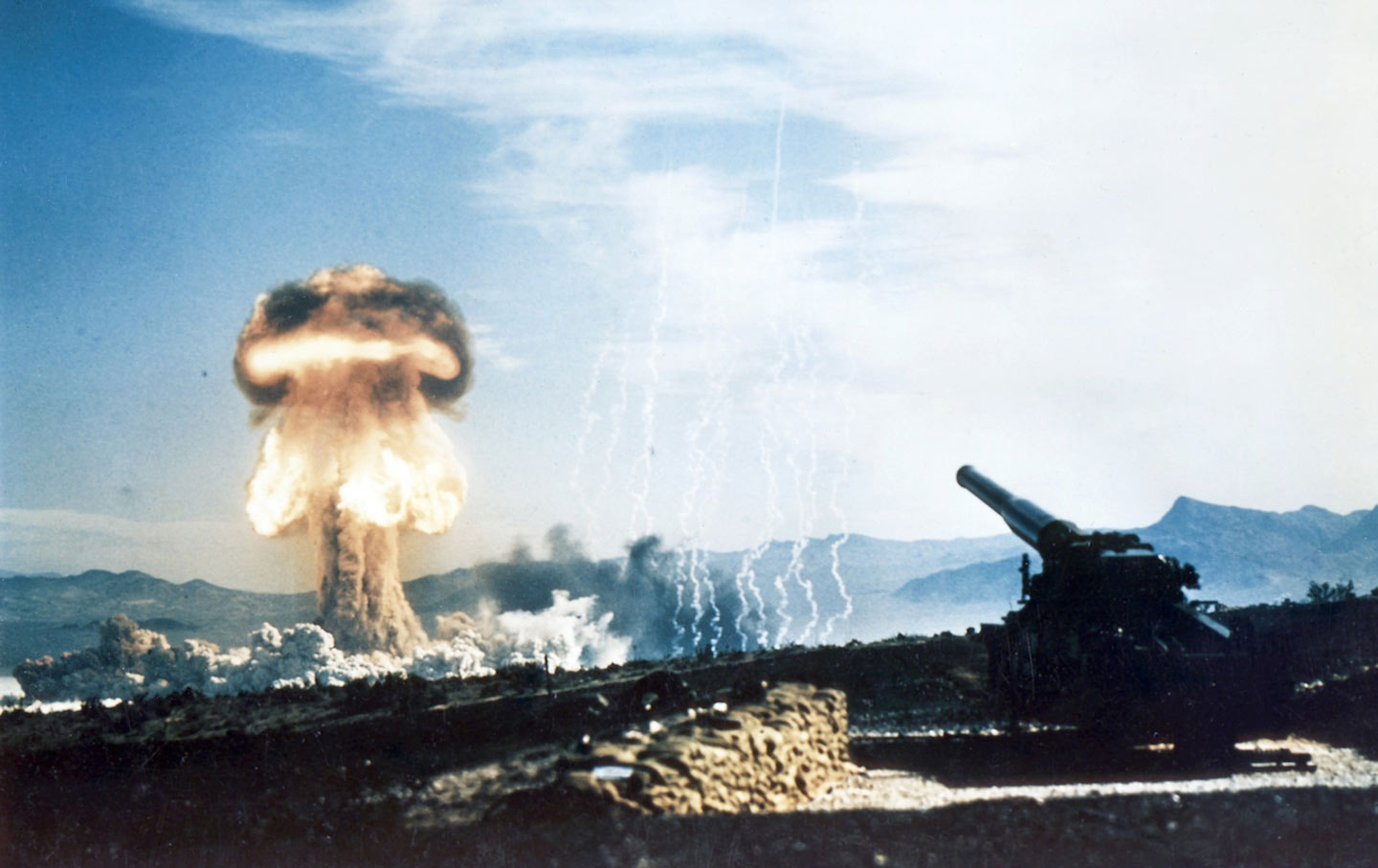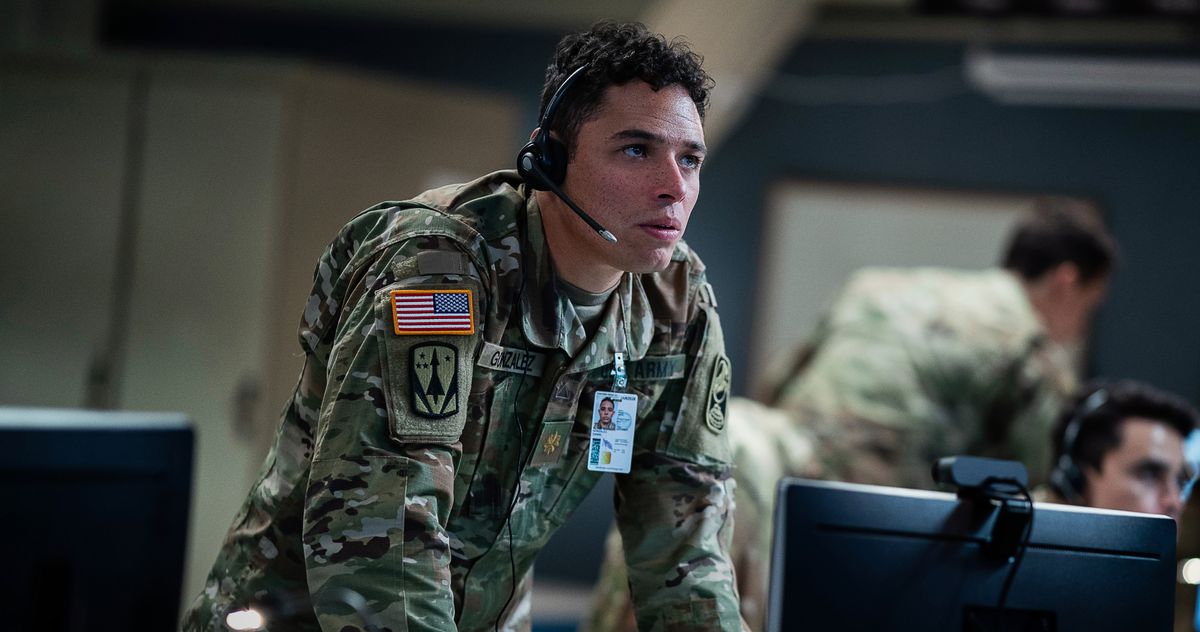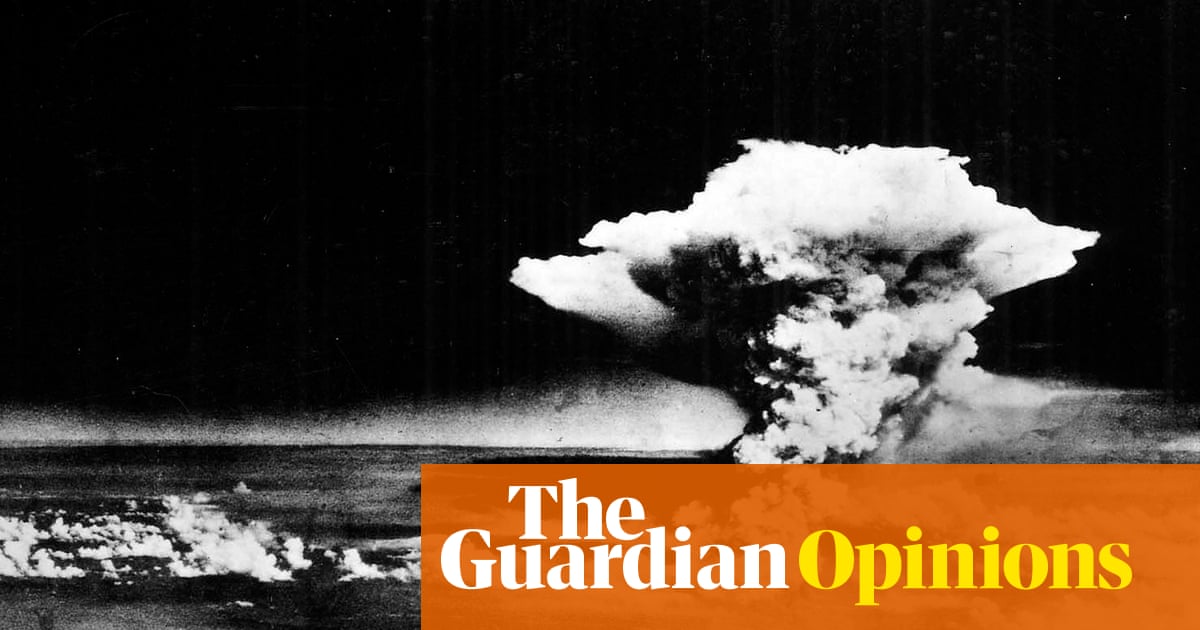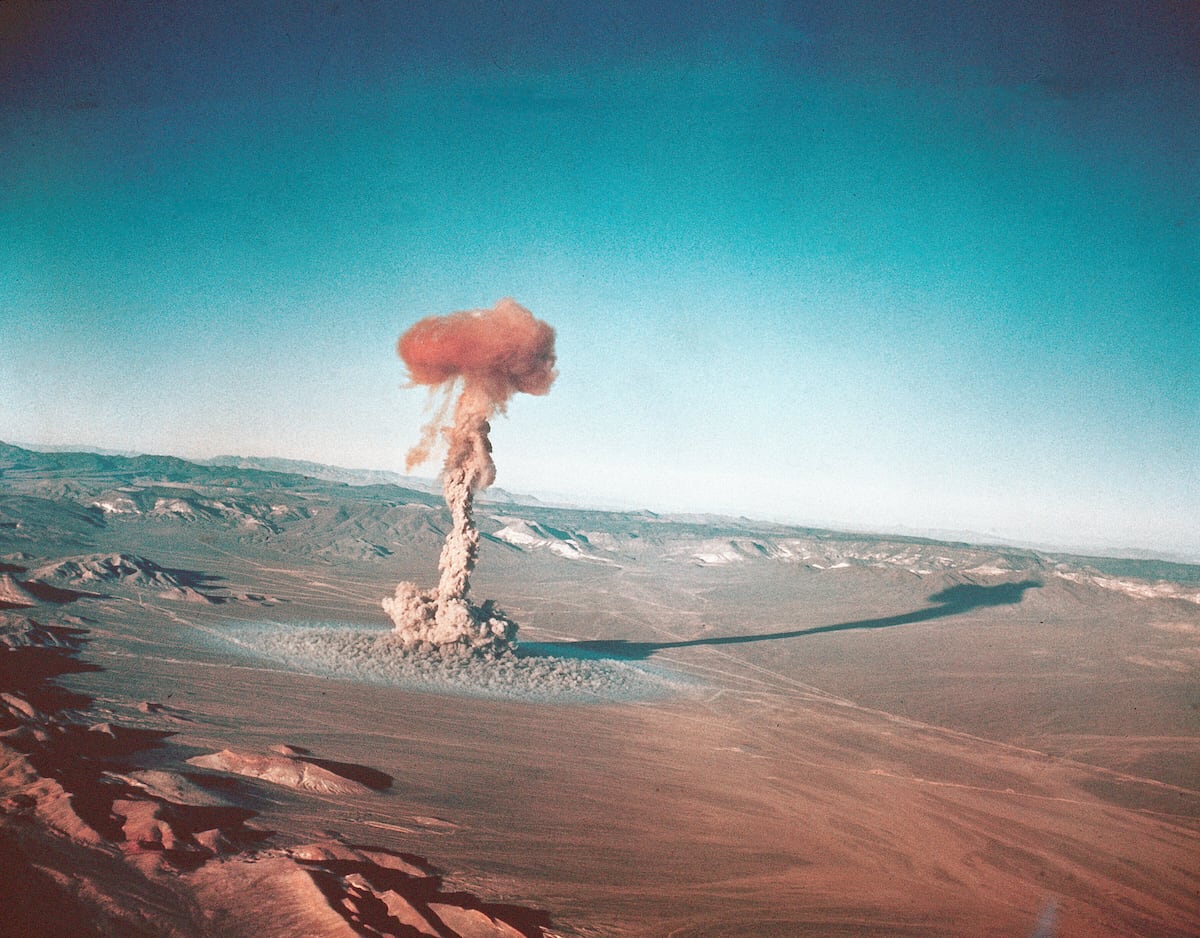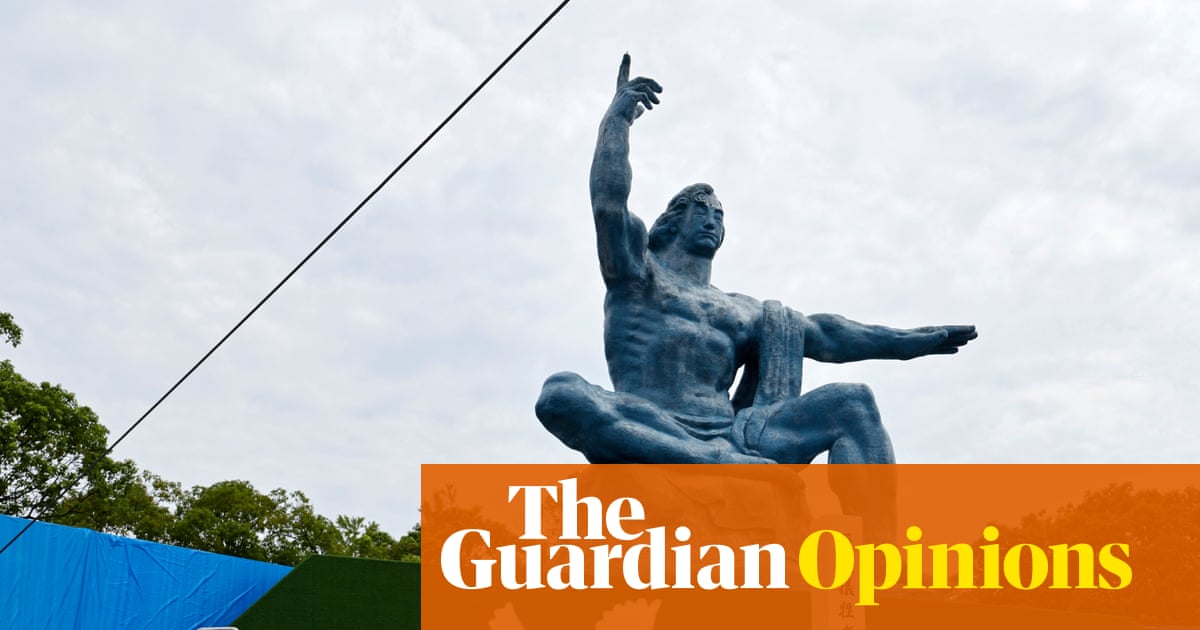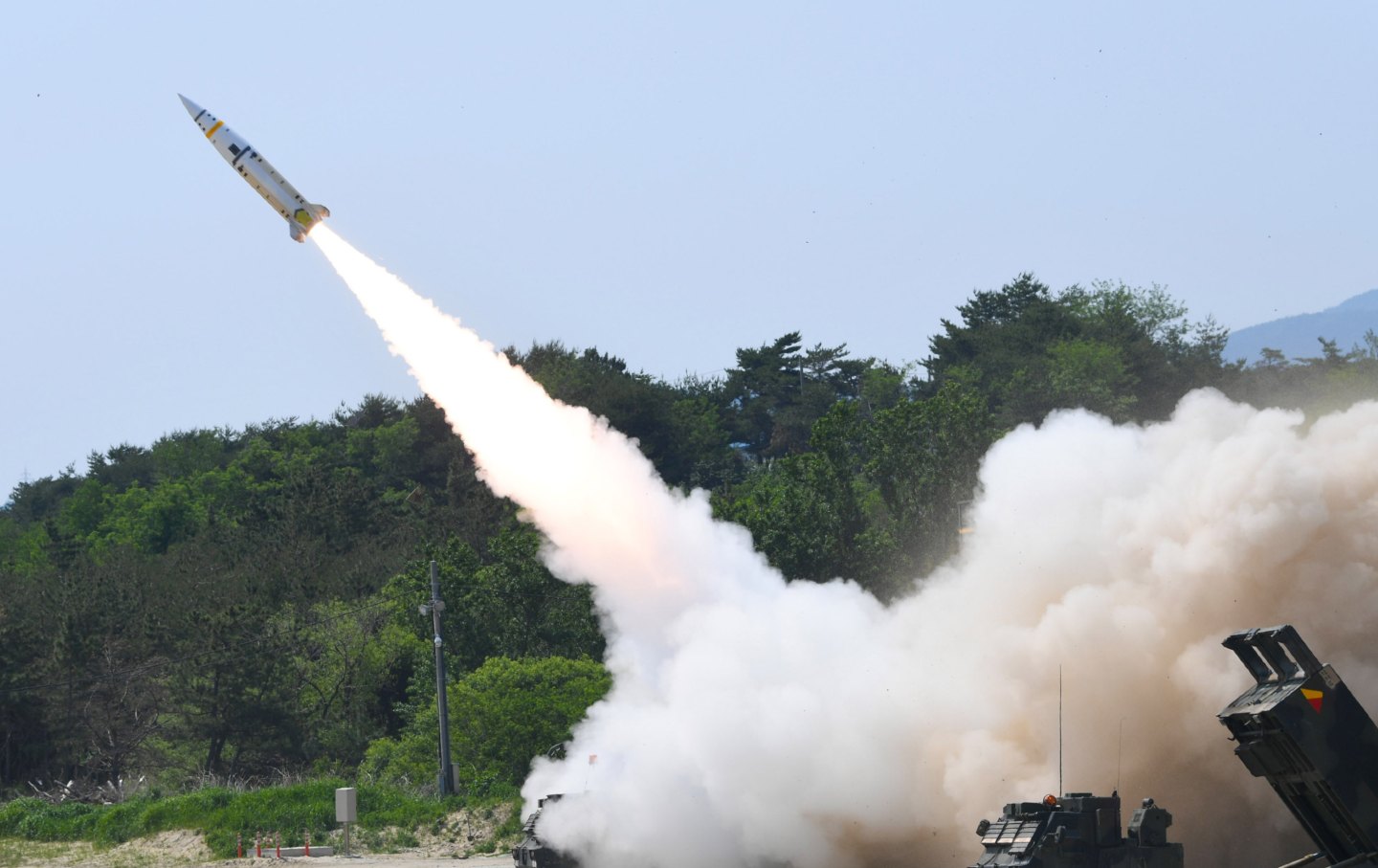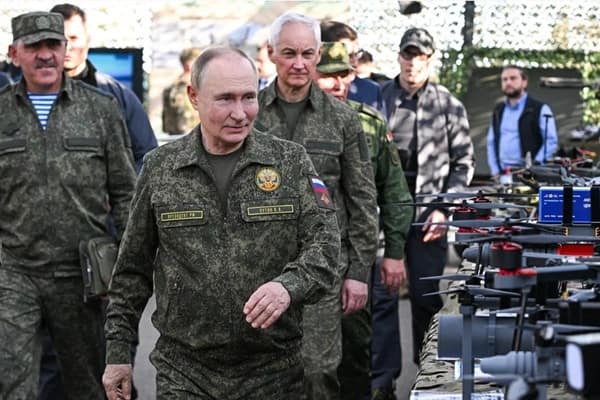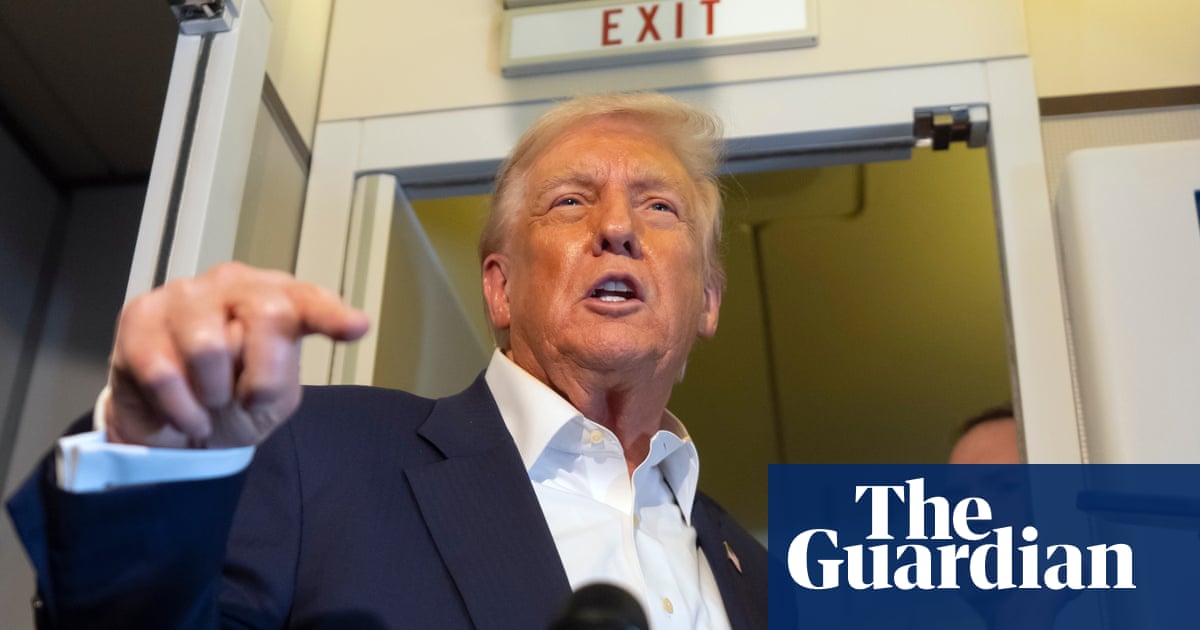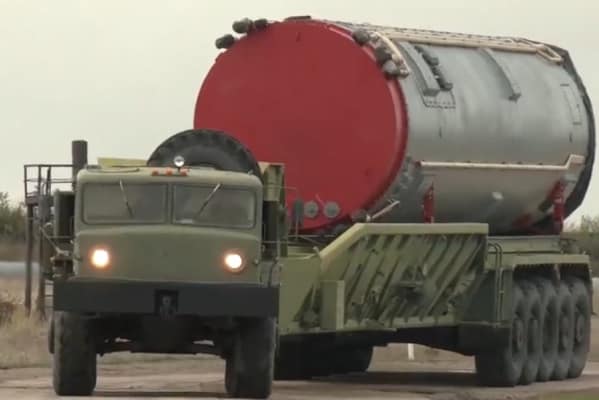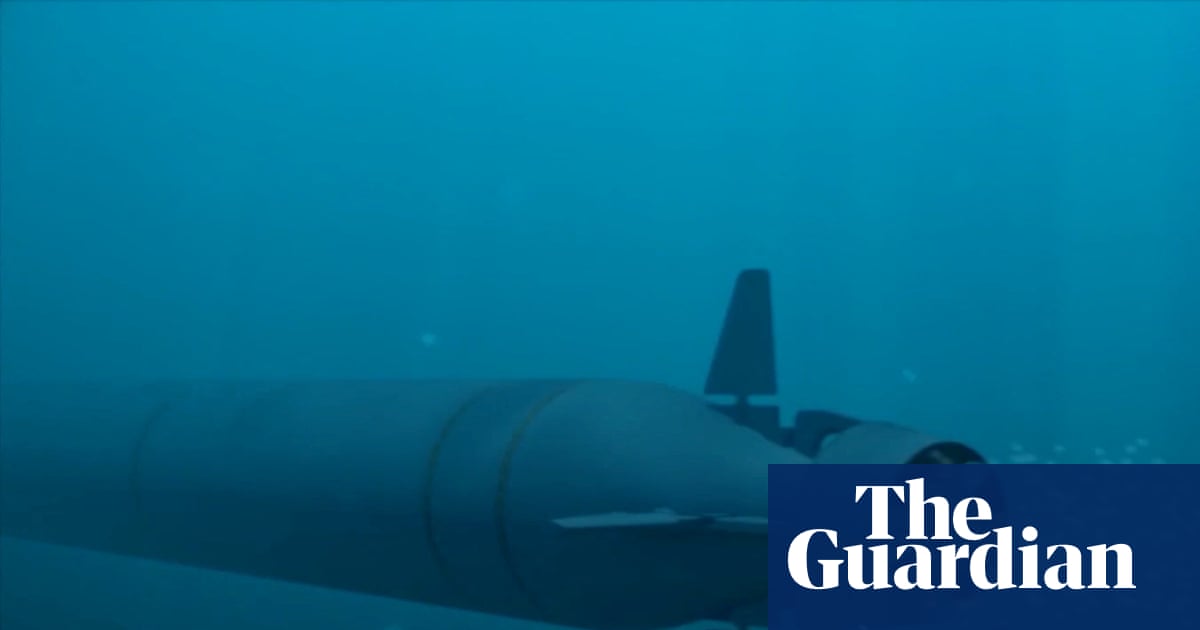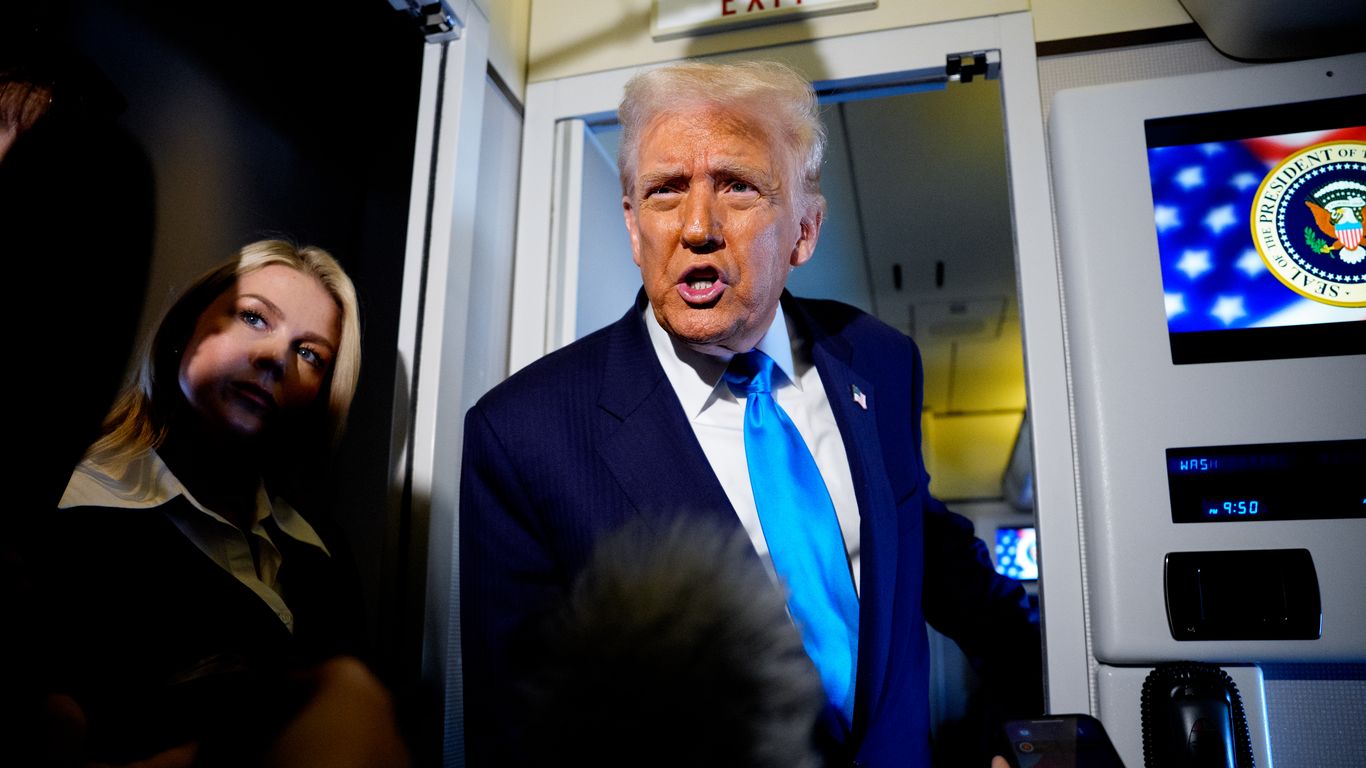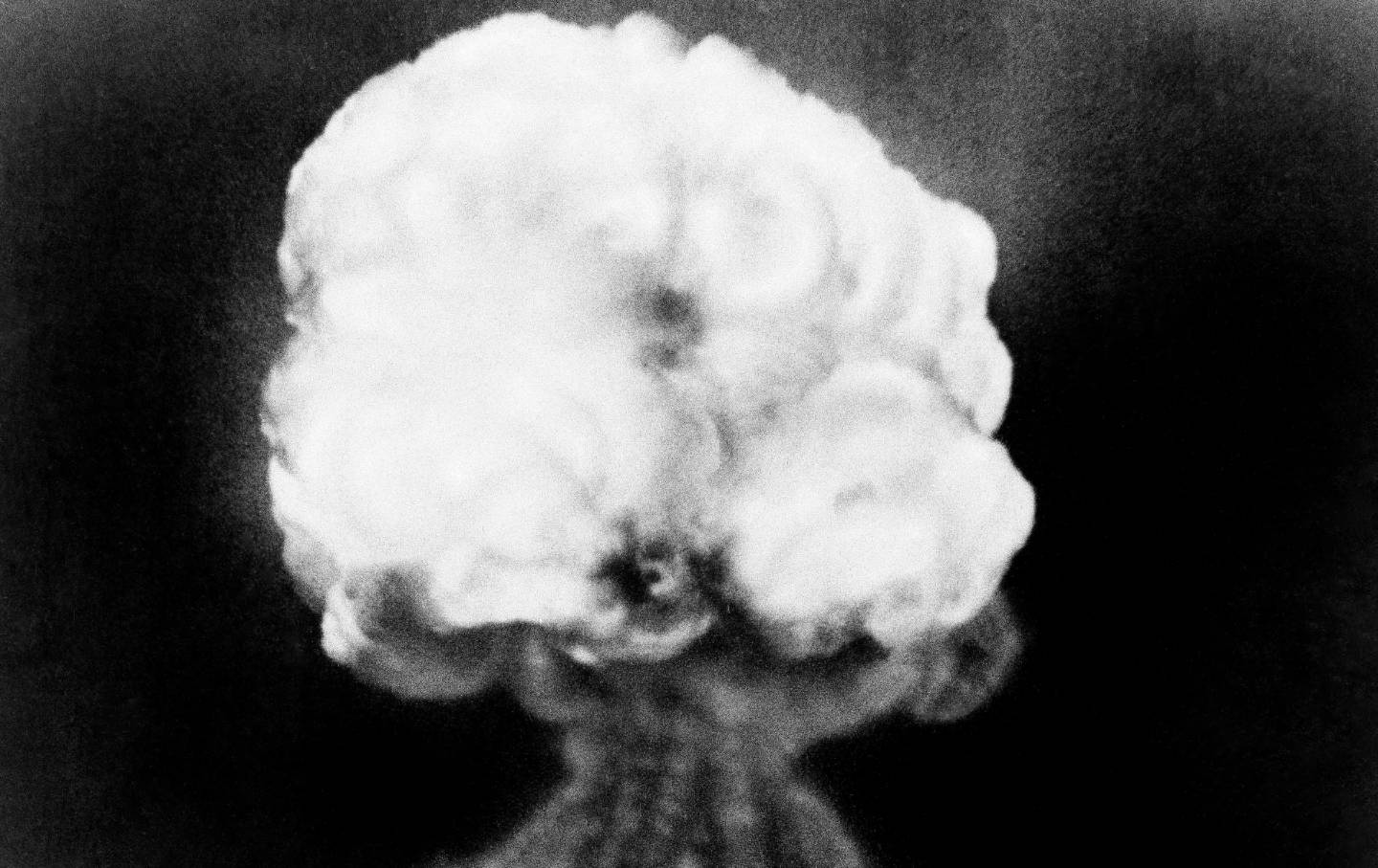#nuclear-weapons
#nuclear-weapons
[ follow ]
#iran #north-korea #russia #international-relations #arms-control #hiroshima #arms-race #nuclear-proliferation
fromThe Nation
1 month agoHave We Normalized Nuclear War?
It's been 20 years since I retired from the Air Force and 40 years since I first entered Cheyenne Mountain, America's nuclear redoubt at the southern end of the Front Range that includes Pikes Peak in Colorado. So it was with some nostalgia that I read a recent memo from General Kenneth Wilsbach, the new Chief of Staff of the Air Force (CSAF).
US politics
fromInsideHook
3 months agoA Halloween "Real Time With Bill Maher" Put UFOs in the Spotlight
As Maher pointed out, bizarre aerial phenomena is one of a few reliably bipartisan issues in the U.S. right now. He pointed to the presence in the documentary of prominent Democrats and Republicans, as well as other "very very serious people." The first part of their conversation found Maher asking Farah about the shifting terminology surrounding mysterious aircraft, and how "UAPs" has replaced "UFOs." "Whatever it is, they're flying saucers," Maher said.
Science
US politics
fromwww.mediaite.com
3 months agoTrump Used to Scare Staffers With Fantasies About Wanting to Blow Up Bombs,' Former Official Says
President Trump reportedly fantasized about blowing up bombs, alarming staff and prompting fears of reckless nuclear brinkmanship and unnecessary nuclear testing.
Science
fromFuturism
4 months agoChinese Military Investigates What Would Happen If They Shot the Same Target With Three Rapid-Fire Nuclear Missiles
Rapid consecutive nuclear detonations produce far larger craters and greatly increase destruction, informing bunker design and raising concerns about low-yield earth-penetrating warheads.
fromWIRED
5 months agoThe History and Physics of the Atomic Bomb
In December 1942, the first experiment to achieve a sustained nuclear reaction occurred beneath the University of Chicago in a reactor called 'Chicago Pile 1.' This marked confirmation of Szilard's theoretical idea of nuclear chain reactions, where a reactions can continue and sustain itself.
Science
fromTruthout
6 months agoThreat of Nuclear War Is Rising, But Scientists Say the Public Can Change That
I think people don't know how terrible nuclear war would be. The current nuclear-armed nations are estimated to possess the destructive equivalent of 146,500 Hiroshima-sized bombs, many of which are ready to launch on short notice.
US politics
fromwww.bbc.com
6 months agoCall for government 'transparency' on nuclear bombs
Campaigners have called for government "transparency" amid reports the United States Air Force has moved nuclear weapons to a Suffolk airbase, with specific concerns about the deployment. The flight data of a specialist C-17A Globemaster indicates it traveled from New Mexico to RAF Lakenheath last week, raising alarms over nuclear readiness. The situation marks a potential return of nuclear weapons to Lakenheath, the first since 2008, with platform preparations for the B61-12 bomb being evident based on recent documentation and expert analysis.
US politics
fromwww.theguardian.com
6 months agoCampaigners call for Keir Starmer to say if US nuclear weapons are back in UK
The Campaign for Nuclear Disarmament and several experts believe that it is highly likely that a number of US B61-12 gravity bombs were delivered to a US air force squadron last week, the first US nuclear deployment in the UK since 2008.
US politics
fromLondon Business News | Londonlovesbusiness.com
6 months agoPutin is actively 'thinking about in detail' to use a nuclear weapon in Ukraine - London Business News | Londonlovesbusiness.com
"The fact that Putin and his gangsters have threatened nuclear attack continuously since the wider war in Ukraine began suggests they are thinking about it in detail. As three days have become three years plus, they may think they can finish off Ukraine quickly with tactical nukes and we would not react."
World politics
fromIndependent
7 months agoDonald Trump's Iran clanger, Kilkenny hurling and nuclear dangers in 2025 all on agenda for Taoiseach during Hiroshima visit
Micheál Martin emphasizes the importance of understanding historical context when reflecting on the atomic bomb's consequences and cautions against conflating past tragedies with current events.
History
UK news
fromIndependent
7 months agoDavid W Higgins: No, we're not on the cusp of WWIII, but that doesn't mean I'd rule out the possibility of ration cards
Investing in vulnerabilities is wiser than boosting defense spending.
Nuclear weapons development resembles a plot from a spy thriller.
Two nuclear detonations in history highlight the grave risks.
[ Load more ]

